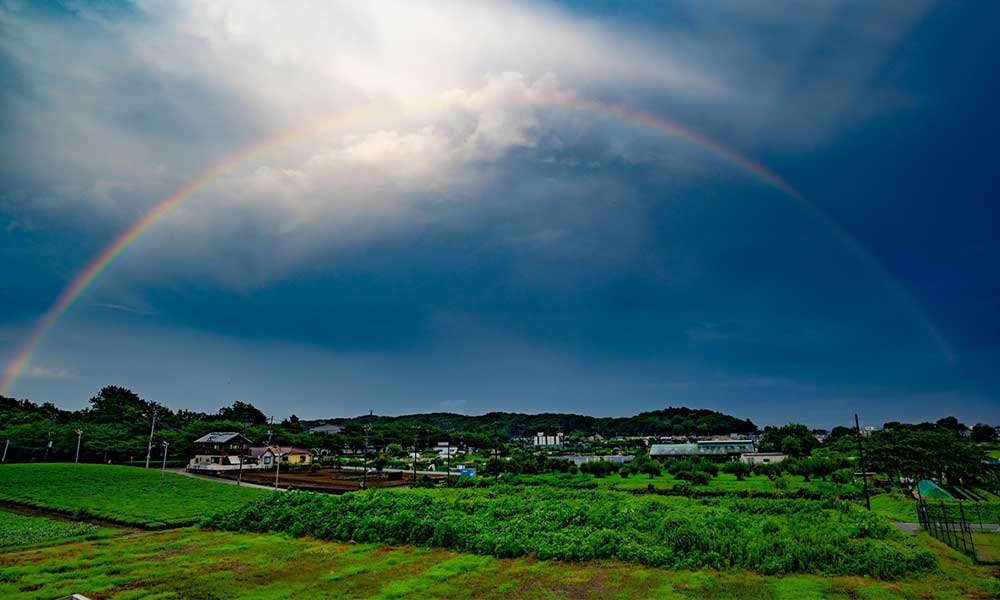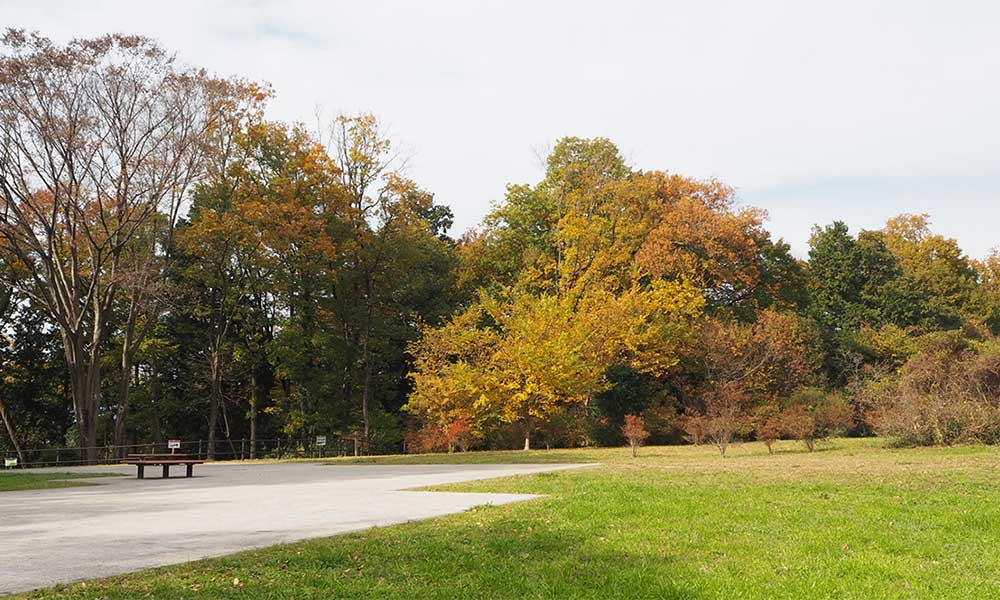Mizuho Town, Tokyo東京都瑞穂町
Living in Mizuho Town, Tokyo

We have Summarized the livability of Mizuho Town, Tokyo.
NISHITAMA AREA西多摩地域
CONTENTS
- What kind of place is Mizuho Town, Tokyo?
- Mizuho TownPR video
- How is the traffic situation in Mizuho Town?
- How are the rent and land prices in Mizuho Town?
- How is childcare and education in Mizuho Town?
- How about shopping in Mizuho Town?
- How about jobs and recruitment in Mizuho Town?
- Mizuho Town’s unique subsidy/subsidy system
What kind of place is Mizuho Town, Tokyo?

Mizuho Town is a quiet town surrounded by nature and has many leisure activities nearby.
Mizuho Town is located slightly northwest of the center of Tokyo and has an area of approximately 16.85 square kilometers.
It borders Tokorozawa City and Iruma City in Saitama Prefecture to the north, Musashimurayama City to the east, Fussa City to the south, and Hamura City and Ome City to the west.
It has a population of approximately 32,000 and approximately 15,000 households. (As of June 2023)
It belongs to Nishitama District and is one of three towns in the Tama region.
The eastern part of Mizuho Town is occupied by the Sayama Hills, and from the center of the town to the north are the tea fields of Tokyo Sayama Tea, which boasts the largest production volume in Tokyo. The southern part is mostly occupied by Yokota Air Base, a large base that spans six municipalities in Tokyo, including Mizuho Town and Fussa City.
In 1940, the town was incorporated as a town, and the villages of Hakonegasaki, Ishihata, Tonogaya, and Nagaoka merged to form Mizuho Town.
The origin of the name Mizuho Town was initially difficult to come up with, so the choice was left to the Governor of Tokyo at the time, who named it after a beautiful Japanese name, “The Land of Abundant Reed Fields and 1,500 Autumn Leaves, Mizuho Province.”
Tokyo Sayama Tea is a famous specialty of Mizuho Town. As the leading producer in Tokyo, its rich taste, a mix of sweetness and full-bodied astringency, has established itself as a popular brand of tea even outside the prefecture.
Cyclamen is also cultivated vigorously here, and is one of the largest in Tokyo.
Iwakura Kaido in the Nagaoka area is lined with cyclamen farms, so it is also known as the Cyclamen Highway, and during the season from October to December, when colorful cyclamens are sold directly from greenhouses, it is a popular spot visited by many customers from far away.
Every year on January 18th, the Daruma Market is held at Enpukuji Temple, and is bustling with people from inside and outside the prefecture looking for Tama Daruma dolls. Tama Daruma dolls have been made in this area since the Meiji period, and each one is carefully handmade, with each one having its own unique face and shape.
In recent years, unique ones such as Daruma-hugging cats have been made and are gaining in popularity.
PR video of Mizuho Town, Tokyo
Mizuho Town 80th Anniversary Commemorative Video
How is the traffic situation in Mizuho Town?

Mizuho Town: A town that takes some time to get to the city center
Mizuho Town has one line and one station. It takes about 70 minutes to get from the station to Tokyo Station and about 54 minutes to get to Shinjuku Station.
| Hakonegasaki Station | JR Hachiko Line |
Local bus routes available within Mizuho Town are operated by Toei Bus, Tachikawa Bus, Seibu Bus, and Nishitokyo Bus.
There are no expressways accessible from Mizuho Town.
The only road that passes through Mizuho Town is National Route 16, which runs from Yokohama City, Kanagawa Prefecture, in a circular route around the greater Tokyo area.
Trains and buses are relatively empty and easy to use.
There are few trains and buses, and the last trains leave early.
How are the rent and land prices in Mizuho Town?

Mizuho-cho is a town with a wide residential area and is recommended for those looking for a quiet environment.
According to information from a real estate information website, the average rent in the town is about 63,000 yen for a 1DK apartment and 65,000 yen for a 2DK apartment within a 10-minute walk from the station.
The average land price per tsubo is about 290,000 yen per tsubo.
Because Mizuho is somewhat far from the city center, it is popular with families looking for a relatively quiet living environment surrounded by nature.
Land and housing prices are relatively low compared to the city center, so it is easy to find a spacious home with a parking lot and a garden.
There is a certain number of rental properties available, and rents are also low.
It is easy to get a spacious detached house in a natural environment.
It is a little far from the city center, so commuting to work or school takes time.
How is childcare and education in Mizuho Town?

Mizuho Town has childcare support facilities and is a town where you can raise your children with peace of mind.
Mizuho Town has seven nursery schools, three kindergartens, five elementary schools, two junior high schools, and one high school. There are no junior colleges or universities.
The “Child Medical Expense Subsidy” subsidizes the full cost of outpatient and inpatient care for infants and toddlers not yet in compulsory education (until the first March 31st after reaching age 6). For children between the ages of 7 and 18 (until March 31st after reaching age 18), the subsidy is the amount of the insured medical care fee deducted from the self-paid amount for outpatient care up to a maximum of 200 yen per visit, and prescriptions, hospitalization, and home care are fully subsidized.
Child allowances are provided in the following amounts: 15,000 yen for children under 3 years old, 10,000 yen for the first and second child aged 3 or older but not yet entering elementary school, 15,000 yen for the third child and onwards, and 10,000 yen for junior high school students.
Mizuho Town also has its own extensive support system.
The “Childbirth and Childrearing Support Project” is a support system where specialized staff members conduct interviews and home visits at each stage of pregnancy and childbirth to provide information and advice on childrearing.
In addition, childbirth support gifts (worth 50,000 yen per eligible pregnant woman) and childrearing support gifts (worth 50,000 yen per eligible child) are also distributed.
There is also a system that can be used if you have trouble finding someone to look after your child due to an emergency.
The “Temporary Childcare Service” is a system that provides childcare for parents who need temporary childcare for events such as weddings and funerals or when parents are tired of raising their children.
The “Short Stay for Infants” is a system that provides temporary childcare (overnight stays available) for parents who are unable to raise their children due to work or illness.
The After-School Care Club is a system that provides temporary care for elementary school children when parents are unable to find someone to look after them after school due to work or other reasons.
There are also plenty of facilities where parents and children can play together, and support centers have been set up in the Asunaro Children’s Center and in a corner of each nursery school, providing play areas and holding various events.
The school has a small number of students, providing a good environment with excellent attention to detail. There are almost no children on waiting lists.
The number of children in Mizuho Town is decreasing year by year.
How about shopping in Mizuho Town?
Mizuho-cho has commercial facilities, but the options are limited compared to the city center.
Mizuho Town does not have large shopping malls or department stores, but there are local private shops and restaurants. However, many places are inconvenient to access without a car. There are about three supermarkets in the city.
If you have a car, you can go to the nearby large shopping mall.
There are few large stores in the town, so it is inconvenient without a car.
How about jobs and recruitment in Mizuho Town?
Mizuho Town has job openings, but the options are limited compared to the city center.
The average annual salary in Mizuho Town is 3.29 million yen.
Mizuho Town is far from the city center, so there are few large business areas or companies like those in Tokyo, but there are a certain number of local jobs in the retail, restaurant, and service industries, as well as jobs related to agriculture.
There are many job openings that are closely tied to the local community, and many working environments where you can feel connected to the community.
Compared to urban areas, there may be limited variety in job types and opportunities for career advancement.
Mizuho Town, Tokyo’s unique subsidy/subsidy system
Mizuho Town, Tokyo’s unique housing assistance and subsidy system
| Subsidies for earthquake-proofing housing Subsidize part of the cost of installing hedges Let’s leave greenery around us for the next generation: Tree and forest conservation system |
Mizuho Town, Tokyo’s unique childcare support system
| Childbirth and child-rearing support program Childcare Package |
Mizuho Town, Tokyo’s unique system for further education and tuition assistance/subsidies
| School support scholarship Loan Program to Support Exam Takers |









